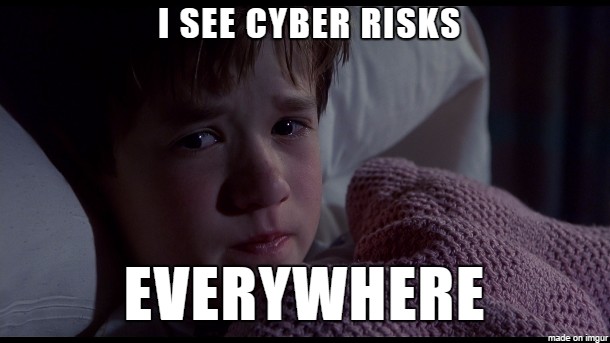--Originally published at lazynesstothemax
All cyber security programs or protocols follow three rules and have to address at least one of them. These are:
- Integrity
- Availability
- Confidentiality
Security professionals, when creating a procedure, must consider them in order to successfully protect the computer, network or system they are working on.

Cyber Integrity
As time goes on, hackers get more knowledge and tools that help them get access and alter data from the systems they attack. This may leave corrupted data or changed programs on their trail. This affects the functionality of the system as well as the safety and profitability of it. For that reason, Cyber integrity is very important, and a security professional has to have the tools and programs necessary to check if the programs weren’t altered or modified from a desired state to a non functional or not secure state.
There are different ways to attend this matter and to mentions some of them, there is the inventory management, policy enforcement, backup and recovery, analytics and reporting.
Inventory management refers to have a monitored way of checking all files and programs and checking the creators, editors and dates that the file changed. This way you can have a closer look to the meta data of the files and know if there were unwanted changes or if files are missing.
Policy enforcement can refer to keeping good standards that apply to all files in order to know if the file follows said standards and can be considered as a good file and not an altered one by an unknown author.
It is good to always have backups of the state of the system, and if a node fails in the integrity standard then to restored it with a desired previous state.
It is always good and useful to have analytic tools that
Continue reading "The Golden Rules of Cyber Security" →





















